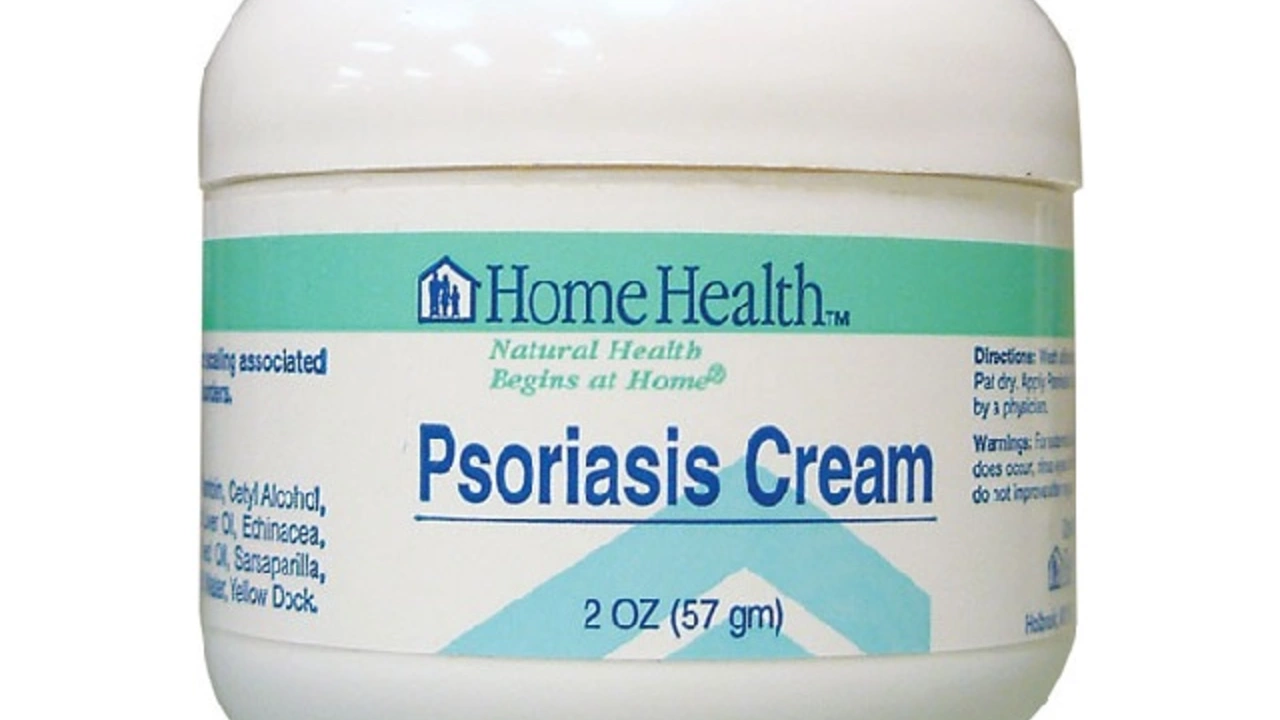Psoriasis: Practical Help for Flares, Daily Care, and Medicines
Psoriasis is a long-term skin condition that causes red, scaly patches. It’s driven by your immune system and can show up on your elbows, knees, scalp, and elsewhere. The good news: there are clear steps you can take at home and with your doctor to cut flares, ease itching, and protect your skin.
What works for skin right now
Start with basics: moisturize often, avoid hot showers, and use gentle cleansers. Thick creams or ointments help repair the skin barrier and reduce scaling. For mild plaques, over-the-counter options like salicylic acid or coal tar can help loosen scales; vitamin D creams (calcipotriol) are useful too but follow label directions.
Topical steroid creams reduce inflammation fast. Use them exactly as your clinician prescribes—strong steroids clear plaques but can thin skin if overused. If creams aren’t enough, your doctor may suggest phototherapy (controlled UV light) or oral treatments like methotrexate, cyclosporine, or newer pills called JAK inhibitors. Biologic injections (targeting TNF, IL-17, or IL-23) are game-changers for moderate to severe disease and often give long-lasting control.
Practical steps to lower flare risk
Watch for known triggers: stress, heavy alcohol use, smoking, certain infections (like strep throat), and some medicines. Managing weight, quitting smoking, and cutting back on alcohol usually reduce flare frequency and improve treatment response. Sleep and stress management matter—simple breathing exercises or short daily walks can help.
Skin care details that matter: pat skin dry, apply moisturizer within minutes, use a humidifier in dry months, and wear soft fabrics. For scalp psoriasis, look for medicated shampoos with coal tar, ketoconazole, or salicylic acid; massage gently to loosen scales.
Don’t ignore joint pain. Up to a third of people with psoriasis develop psoriatic arthritis. Early treatment prevents joint damage, so see a rheumatologist if you notice persistent joint stiffness, swelling, or reduced range of motion.
Thinking about buying meds online? Be careful. Only use licensed pharmacies that require a prescription for prescription drugs. Check pharmacy accreditation, online reviews, and clear contact info. Never buy biologics or controlled medicines without a prescriber’s supervision. If a deal looks too good or the site skips prescriptions, walk away.
If you’re unsure what to try next, ask your dermatologist for a clear plan: expected benefits, timeline, side effects, and monitoring needs. Track what works and what doesn’t—photos and a short journal of triggers help your doctor fine-tune treatment.
Psoriasis can feel frustrating, but with practical daily care, trigger control, and the right medical options, most people find way to steady their skin and live well. If symptoms change suddenly or you have signs of infection (increased pain, drainage, fever), get medical help fast.






